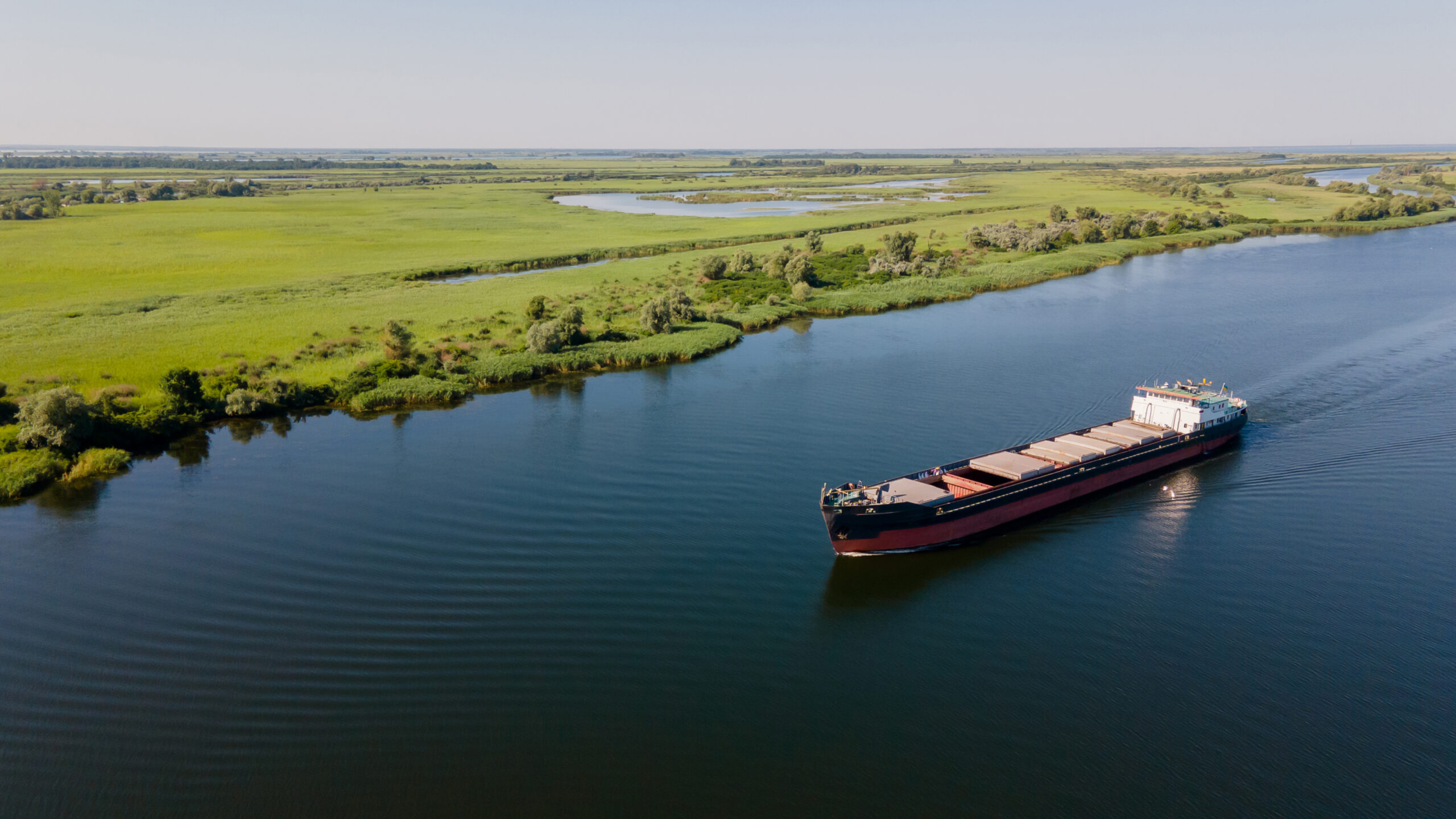UNITED NATIONS, June 12 (Reuters) – United Nations Secretary-General Antonio Guterres said on Monday he is concerned that Russia will on July 17 quit a deal allowing the safe wartime export of grain and fertilizers from three Ukrainian Black Sea ports.
Moscow has been threatening to walk away from the deal known as the Black Sea grain initiative – brokered by the United Nations and Turkey in July last year – if obstacles to its own grain and fertilizer shipments are not removed.
“I am concerned and we are working hard in order to make sure that it will be possible to maintain the Black Sea initiative and at the same time that we are able to go on in our work to facilitate Russian exports,” Guterres told reporters.
To convince Russia to agree to the Black Sea grain deal, a three-year memorandum of understanding was struck at the same time under which U.N. officials agreed to help Russia with its own food and fertilizer exports.
While Russian exports of food and fertilizer are not subject to Western sanctions imposed after the February 2022 invasion of Ukraine, Moscow says restrictions on payments, logistics and insurance have amounted to a barrier to shipments.
Deputy Foreign Minister Sergei Vershinin said on Saturday that Russia “cannot be satisfied with how this memorandum is being implemented,” the TASS news agency reported. He was speaking after meeting with top U.N. trade official Rebeca Grynspan in Geneva on Friday.
Among the demands made by Russia are the resumption of its ammonia exports via a pipeline to Ukraine’s port of Pivdennyi and the reconnection of Russian Agricultural Bank (Rosselkhozbank) to the SWIFT international payment system.
The United Nations has helped boost Russian exports of food and fertilizers, facilitating a steady flow of ships to its ports and lower freight and insurance rates, a U.N. spokesman said on Friday.
[/fusion_text][/fusion_builder_column][/fusion_builder_row][/fusion_builder_container]
UNITED NATIONS, June 12 (Reuters) – United Nations Secretary-General Antonio Guterres said on Monday he is concerned that Russia will on July 17 quit a deal allowing the safe wartime export of grain and fertilizers from three Ukrainian Black Sea ports.
Moscow has been threatening to walk away from the deal known as the Black Sea grain initiative – brokered by the United Nations and Turkey in July last year – if obstacles to its own grain and fertilizer shipments are not removed.
“I am concerned and we are working hard in order to make sure that it will be possible to maintain the Black Sea initiative and at the same time that we are able to go on in our work to facilitate Russian exports,” Guterres told reporters.
To convince Russia to agree to the Black Sea grain deal, a three-year memorandum of understanding was struck at the same time under which U.N. officials agreed to help Russia with its own food and fertilizer exports.
While Russian exports of food and fertilizer are not subject to Western sanctions imposed after the February 2022 invasion of Ukraine, Moscow says restrictions on payments, logistics and insurance have amounted to a barrier to shipments.
Deputy Foreign Minister Sergei Vershinin said on Saturday that Russia “cannot be satisfied with how this memorandum is being implemented,” the TASS news agency reported. He was speaking after meeting with top U.N. trade official Rebeca Grynspan in Geneva on Friday.
Among the demands made by Russia are the resumption of its ammonia exports via a pipeline to Ukraine’s port of Pivdennyi and the reconnection of Russian Agricultural Bank (Rosselkhozbank) to the SWIFT international payment system.
The United Nations has helped boost Russian exports of food and fertilizers, facilitating a steady flow of ships to its ports and lower freight and insurance rates, a U.N. spokesman said on Friday.
[/fusion_text][/fusion_builder_column][/fusion_builder_row][/fusion_builder_container]
UNITED NATIONS, June 12 (Reuters) – United Nations Secretary-General Antonio Guterres said on Monday he is concerned that Russia will on July 17 quit a deal allowing the safe wartime export of grain and fertilizers from three Ukrainian Black Sea ports.
Moscow has been threatening to walk away from the deal known as the Black Sea grain initiative – brokered by the United Nations and Turkey in July last year – if obstacles to its own grain and fertilizer shipments are not removed.
“I am concerned and we are working hard in order to make sure that it will be possible to maintain the Black Sea initiative and at the same time that we are able to go on in our work to facilitate Russian exports,” Guterres told reporters.
To convince Russia to agree to the Black Sea grain deal, a three-year memorandum of understanding was struck at the same time under which U.N. officials agreed to help Russia with its own food and fertilizer exports.
While Russian exports of food and fertilizer are not subject to Western sanctions imposed after the February 2022 invasion of Ukraine, Moscow says restrictions on payments, logistics and insurance have amounted to a barrier to shipments.
Deputy Foreign Minister Sergei Vershinin said on Saturday that Russia “cannot be satisfied with how this memorandum is being implemented,” the TASS news agency reported. He was speaking after meeting with top U.N. trade official Rebeca Grynspan in Geneva on Friday.
Among the demands made by Russia are the resumption of its ammonia exports via a pipeline to Ukraine’s port of Pivdennyi and the reconnection of Russian Agricultural Bank (Rosselkhozbank) to the SWIFT international payment system.
The United Nations has helped boost Russian exports of food and fertilizers, facilitating a steady flow of ships to its ports and lower freight and insurance rates, a U.N. spokesman said on Friday.


